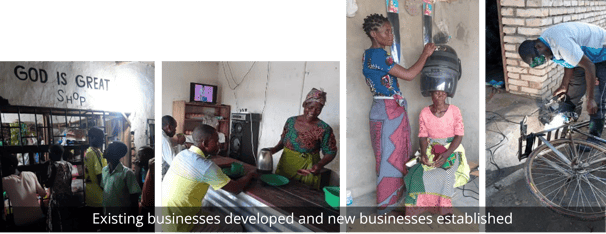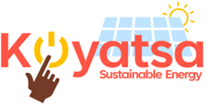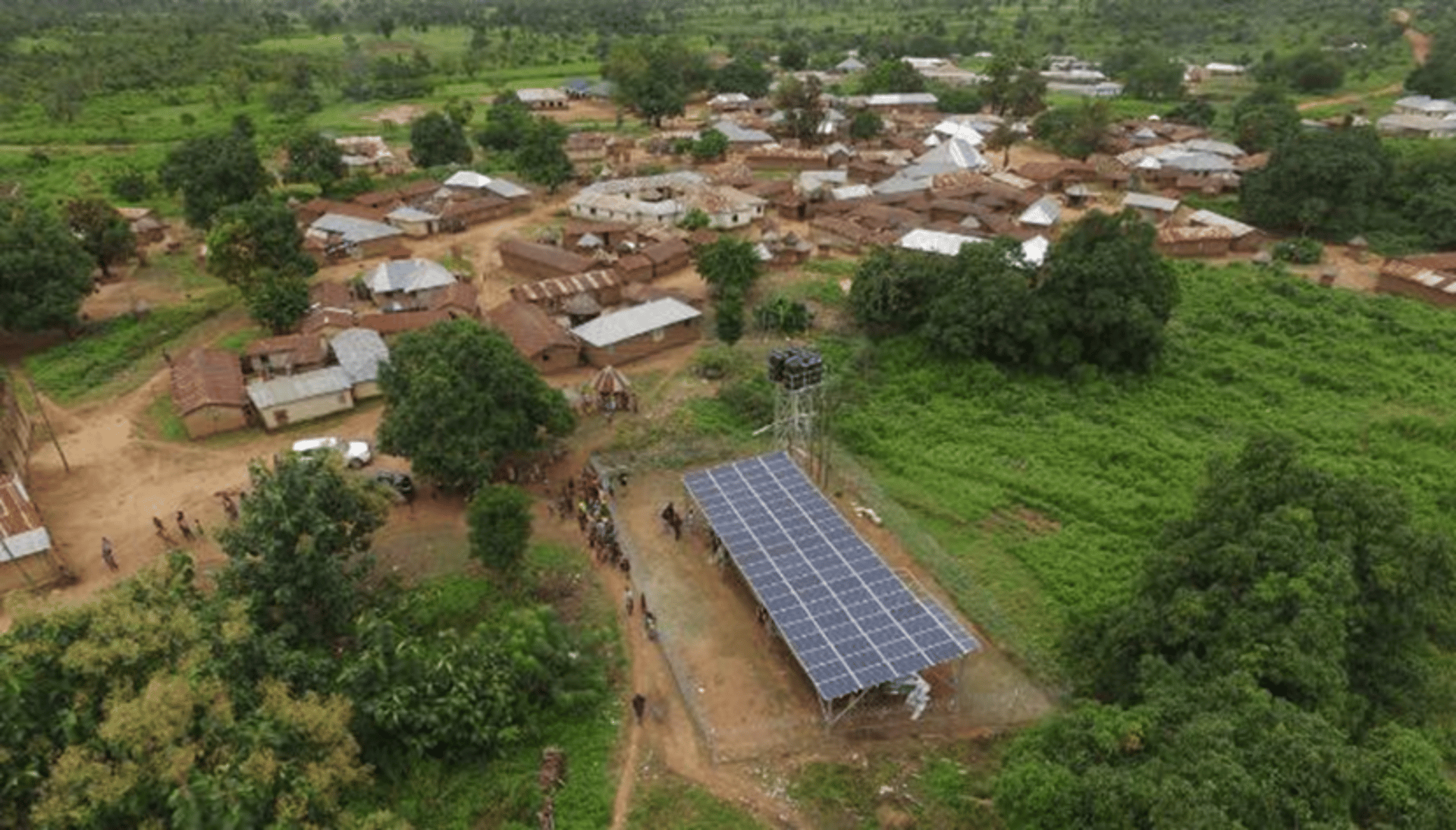
About Kuyatsa
Our Vision is for scalable, sustainable, and community-driven energy solutions that enhance livelihoods
Overview
Energy poverty constrains economic growth and livelihoods, a significant challenge for Malawi where 82% live without access to electricity. Solar minigrids offer a cost competitive, low carbon solution to providing electricity services in rural areas whilst enhancing socio-economic wellbeing through improved quality of life, access to public services, job creation and entrepreneurship opportunities.
UP/SHA has been implementing off-grid energy projects in Malawi for over 10 years, most recently installing and operating two minigrids in rural Malawi through the EASE project[1]. Project experience has shown that scale up of minigrid deployment through a social enterprise approach would not only be impactful for rural communities, but a long-term financially sustainable alternative to dependency on donor funding.
Minigrids are estimated to be the most viable solution for 350,000 people in Malawi; requiring the installation and management of 1,700 minigrids. As the only organisation to already own and operate SMART metered minigrids with the purpose of providing cost-reflective access to renewable energy in last-mile communities, UP/SHA is uniquely positioned to scale up this approach to reach Malawi’s goals.
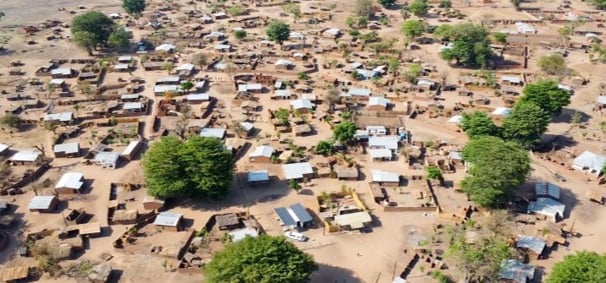

Empowering Communities Through Sustainable Energy
A future where clean, sustainable energy powers thriving communities, unlocking economic opportunities and improving quality of life across Africa.
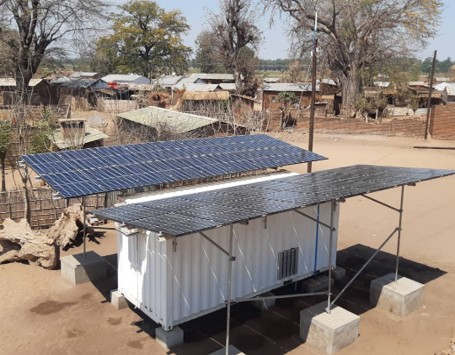

Our Mission
Our Vision
To deliver scalable, sustainable, and community-driven energy solutions that enhance livelihoods, support businesses, and transform social services.
Why the Social enterprise
The social enterprise, registered as a company limited by guarantee, is committed to providing low carbon, reliable, modern, and affordable sustainable energy solutions that leave no one behind.
Initially, our focus will be on the operation and maintenance of the solar minigrids installed in Dedza district as part of the EASE project. Our goal is to attract funding and scale up this approach to a level that aligns with business modeling and financial forecasts, ensuring long-term financial sustainability.
In addition, the social enterprise will explore diverse opportunities to enhance energy access and generate revenue, including integrating productive uses of energy and managing energy kiosks to further expand our impact.


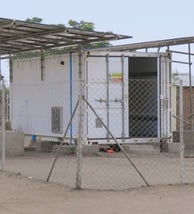

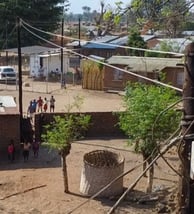

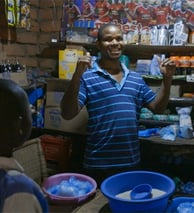

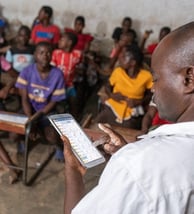

Empowering Rural Communities
Operation and Maintenance of solar minigdrids
Maintenance
Mthembanji and Kudembe solar minigrids ensure reliable service through regular maintenance. On-site agents support the community, troubleshooting issues, while a locally-based technical officer conducts minor repairs. Bi-annual contractor visits include full site checks and preventative maintenance to maximize system reliability and longevity.
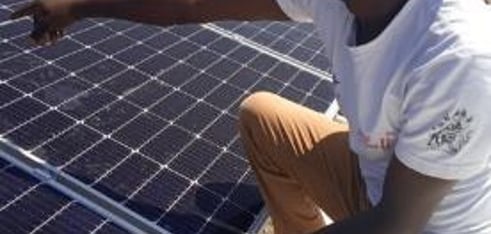

Operation
The solar minigrids provide renewable, affordable electricity to 110 households and businesses, impacting over 500 people. Using a pay-as-you-go metering system with multiple tariff options, the minigrids offer flexible access based on customers’ ability and willingness to pay. Social impact monitoring indicates improved quality of life and increased business activity, with a five-fold increase in the number of children graduating to high school in the community where the first minigrid was installed.
